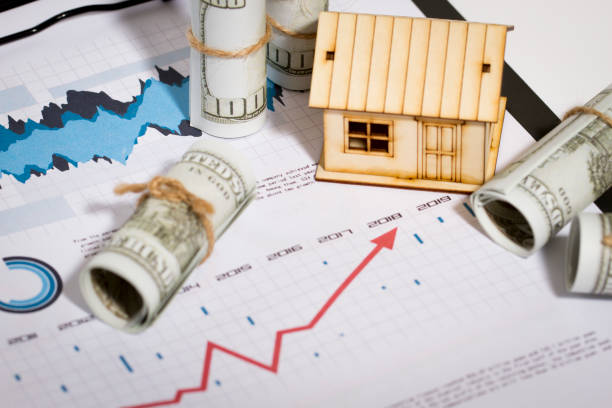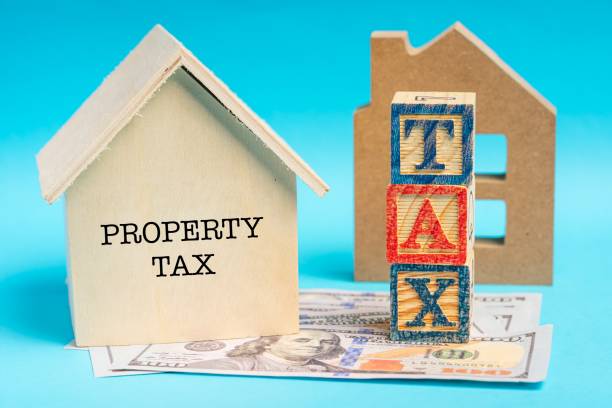 The real estate market has weathered numerous economic storms throughout history, demonstrating remarkable resilience in the face of adversity. From the Great Recession to more recent global crises, the real estate sector has endured and evolved, offering valuable lessons for investors, policymakers, and industry professionals. In this guide, we explore the resilience of the real estate market during economic downturns and the insightful lessons learned from these challenging periods.
The real estate market has weathered numerous economic storms throughout history, demonstrating remarkable resilience in the face of adversity. From the Great Recession to more recent global crises, the real estate sector has endured and evolved, offering valuable lessons for investors, policymakers, and industry professionals. In this guide, we explore the resilience of the real estate market during economic downturns and the insightful lessons learned from these challenging periods.
Real Estate Market Resilience: Lessons Learned from Economic Downturns:
Historical Perspective:
Throughout history, the real estate market has experienced cycles of boom and bust, responding to macroeconomic factors, financial crises, and geopolitical events.
Despite periodic downturns, real estate has proven to be a resilient asset class, offering long-term value appreciation, income generation, and portfolio diversification benefits.
Market Dynamics During Downturns:
Economic downturns often trigger fluctuations in real estate prices, transaction volumes, and investment activity as market sentiment wanes and uncertainty prevails.
Property values may decline, vacancies increase, and lending standards tighten, leading to liquidity challenges and distressed asset sales in distressed markets.
Safe-Haven Asset Status:

Real estate often serves as a safe-haven asset during periods of economic uncertainty, offering stability, income stability, and capital preservation characteristics to investors seeking refuge from volatile financial markets.
Tangible assets such as residential properties, commercial buildings, and rental properties provide intrinsic value and tangible returns, making them attractive long-term investment vehicles.
Diversification Benefits:
Real estate investment offers diversification benefits within investment portfolios, helping investors mitigate risk, reduce volatility, and preserve capital across different market cycles.
Diversified real estate holdings across asset classes, geographic regions, and property types can enhance portfolio resilience and provide insulation against market downturns.
Opportunistic Investing:

Economic downturns create opportunities for opportunistic investors to capitalize on distressed assets, distressed sales, and market dislocations, acquiring properties at discounted prices and unlocking value through strategic repositioning and asset management initiatives.
Distressed markets often present favorable conditions for value investing, distressed debt acquisition, and distressed asset recovery strategies, yielding attractive risk-adjusted returns for savvy investors.
Adaptive Strategies:
Real estate investors, developers, and operators must adopt adaptive strategies and agile business models to navigate changing market conditions, mitigate risks, and capitalize on emerging opportunities.
Flexibility, innovation, and resilience are essential attributes for real estate professionals seeking to thrive in dynamic and evolving markets characterized by uncertainty and disruption.
Long-Term Investment Horizon:

Real estate investment requires a long-term perspective, patient capital, and disciplined underwriting, especially during economic downturns and market downturns.
Maintaining a focus on long-term value creation, income sustainability, and risk management principles can help investors withstand short-term volatility and position their portfolios for long-term growth and resilience.
Risk Management and Contingency Planning:
Effective risk management practices, contingency planning, and stress testing are essential for real estate investors to identify, assess, and mitigate potential risks associated with economic downturns and market downturns.
Proactive risk management strategies, liquidity reserves, and capital buffers can enhance portfolio resilience and mitigate downside risks during periods of financial distress.

The resilience of the real estate market during economic downturns underscores its enduring value as an asset class and investment vehicle. Through continuous learning, adaptive leadership, and prudent decision-making, the real estate sector can emerge stronger and more resilient from economic downturns, demonstrating its ability to withstand challenges and seize opportunities in an ever-changing global landscape.













